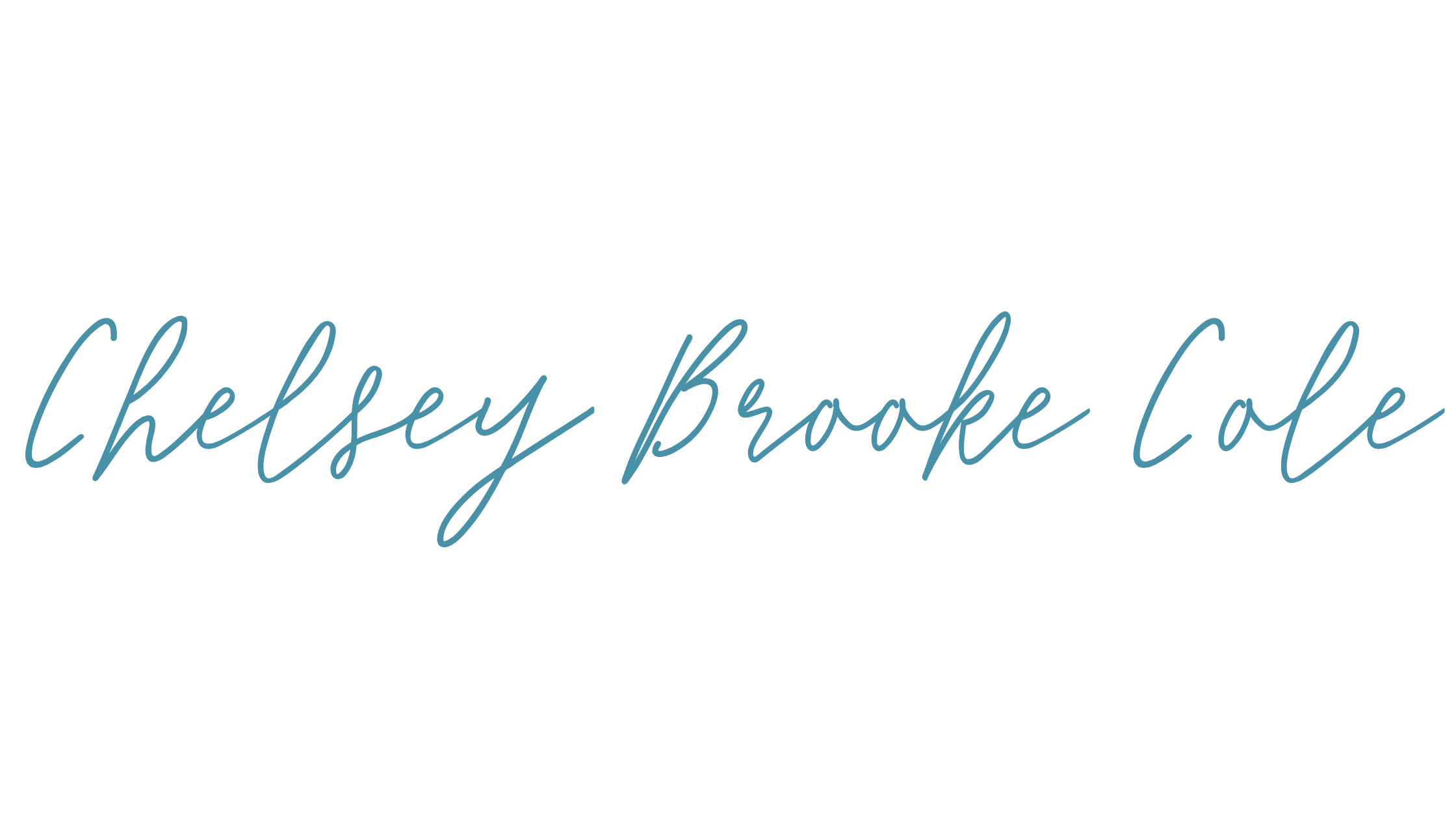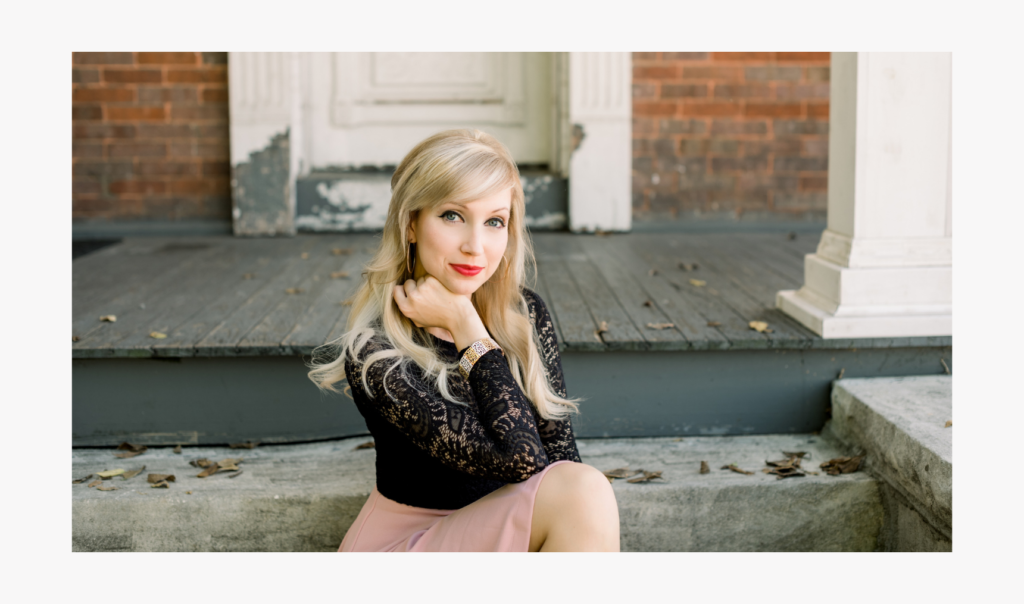
2020 was my most transformative year yet. Here’s why:
Change is hard – and although the experiences from 2020 were painful, challenging and downright unbearable at times, it’s within these trials that we have the biggest opportunities for self-growth.
While I won’t try to sugarcoat the adversities of 2020, I will share with you three key reasons why 2020 was one of my most transformative years yet, as well as how to apply these insights to make the years to come better than you ever imagined.
Insight #1: Start Trusting Yourself
Back in January 2020, I had some difficult decisions to make. These weren’t small, arguably inconsequential decisions either. These were life-changing, impact-the-rest-of-your-life decisions. And I knew that I would never have the strength to make these gut-wrenching choices if I didn’t have a clear internal compass guiding me through it.
So, I set a theme for 2020 (before the pandemic had ever entered our reality): Year of Intuition. I decided that this was going to be the year that I trusted myself – my gut – even when I didn’t know the outcome or exactly what would happen. I had to leap before I knew where I was going to land (or if there would even be anything to catch me).
Self-trust became my guiding light and I learned just how powerful trusting yourself can be. And here’s why: you leave yourself vulnerable when you don’t know yourself.
That’s what the whole finding your path thing is about – if you know yourself, you can navigate your life. If you don’t, then you’ll create a life based on what you think you should do (not what you actually want) and you’ll remain vulnerable to outside opinions or manipulative/toxic people.
Takeaway: Self-trust and following your intuition are two of the most powerful things you can do. Because once you trust YOU, you’re no longer swayed by the uncertainty of life or susceptible to the manipulations of others. It’s your biggest and best source of strength and clarity!
new Insight #2: Stop Caring What People Think
When tough decisions need to be made, you can’t rely on the opinions of others to be your voice of reason. There is a big difference between caring about people and caring what people think. One is selfless – the other is selfish.
When you care what people think, you’re not giving them your best self; rather, you’re seeking to appease the crowd by meeting their expectations so you don’t have to deal with their backlash or judgments.
When you care about people, you’re willing to do things they disagree with if you truly believe it’s in your (or their) best interest. You’re willing to show up and be the real you, even if you ruffle some feathers in the process. Whenever tough things happen in life, especially things that others may easily misunderstand, the most important voice to be in harmony with is yours.
For clarification purposes, this is NOT an endorsement to become conceited and never seek the counsel of others. This is, however, an encouragement to make sure that you’re taking time to get quiet with yourself, to hear your own thoughts, feelings and insights, and to live in a way that’s based on what you believe is in your highest good, as opposed to living a life based solely on what other people agree with most.
Takeaway: Care less about what people think in order to care more about people.
Insight #3: Don’t Own Other People’s Feelings
I know this one will be especially challenging for all of my HSPs and empath friends, but it’s an undoubtedly essential lesson to learn. When you take on other people’s feelings as your own, you give up the right to feel your feelings. And when you become disconnected from your own voice and emotions, you can get in some reasonably dark places fairly quickly.
Again, this is also NOT an admonition to stop caring about other people’s feelings. Of course, not that I think any of you could even imagine that 🙂 However, it is a reminder of an unchanging truth: you cannot and do not control how other people feel. Their feelings (whoever they are) are not your responsibility. Nor do you have the ability to change another person’s feelings.
Although I can hear some of you raising your objections now…
“If I withhold my emotions, other people won’t know how I really feel, so in a way I can control how others feel…”
“I don’t want to take on how others feel, but I can’t stop myself. How can I be a kind, caring person without tuning into how someone else feels?”
“I don’t even know how I feel anymore. Where do I start?”
While learning how to fully set healthy emotional boundaries is a deep dive for another time, I at least wanted to mention it here to give you something to start working with. Make 2021 the year you start tuning into your own internal experiences and becoming clear on what you think, feel and believe.
You’re not helping anyone – even the people whose emotions you’re taking on – by blurring their feelings and yours. In fact, you take away other people’s ability to learn the lessons they need to learn when you take on their feelings as your own. What the people around you need most is for you to be there for them and to hold a safe, compassionate space for them.
But here’s the catch: you can’t offer them a safe space if you’re in their bubble with them.
That’s why it’s essential that you have your own bubble and they have theirs, so that when they need comfort or support, they can go to you and find strength because you have your own supply of self-care and compassion. But if you’re in the same bubble together, you’re taking from each other instead of giving out of your own full cup.
Takeaway: You can’t change or control how other people feel (so stop trying). The most you can do is influence someone. And you can’t even do that (at least not from a healthy place) if you don’t have your own supply of strength from your bubble. Take responsibility for your feelings – and your feelings alone – in order to be truly present for another.
A New Year, A New You
Each new year gives us the opportunity to develop a fresh perspective. If difficult years teach us anything, I believe it’s this: how little we actually have control over. And this is a beautiful lesson.
Because once you accept what you can’t change, you can turn all of your attention toward the things you can change – like your thoughts, beliefs, feelings, intentions and overall attitude toward life.
What have been some of your most important life lessons? I’d love to hear in the comments below!
If you’re looking to heal from narcissistic abuse or relationship trauma, I can help! I specialize in helping people heal from toxic, dysfunctional, or harmful relationships. I recommend starting here and getting my free bimonthly newsletter. Or contact me today about working together via therapy or coaching.



Self trust and trusting your gut is such an important thing, I was fascinated to hear about the number of nerve endings in the gut (I heard it contains up to five times as many neurons as the number of neurons in the spinal cord), meaning it’s almost an extension of the brain.
That gut feeling is fast and super-quick, maybe that’s why some introverts don’t like to trust it? Maybe the desire to go through things in more detail makes us spend more time reflecting.
I think we all need to feel and be ready to let bad feelings go more easily.
Equally before trusting our intuition we need to understand our bias – things that might stop us from seeing everything that’s there. Introverts should be good at reflecting on bias, so we really are great creatures.
Great article Chelsey and I look forward to hearing how amazingly your 2021 develops
Wow! Love these additional insights, Jon! The gut is such an interesting part of the body, one I think we don’t give enough attention to! And I really resonated with your point about maybe why introverts are hesitant to trust their gut. Since we do like to think things over, we probably feel like a gut-based decision is “rushed”. Although, in reality, our intuition and gut instincts are based on years of experiences, so we don’t need to think it through to just “know”. Thanks so much for sharing your insights!